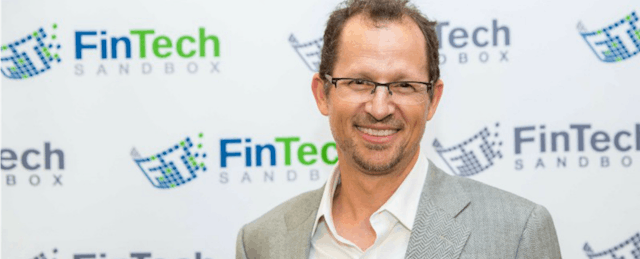Two Stanford University professors with little background in business started Coursera about five years ago with a mission to bring free education to the masses. (Initially they even considered making it a non-profit). These days the company looks and feels very different (and it’s backed by $210-million in venture capital). In a major leadership shift today, it announced a new CEO from the world of financial technology rather than the academy.
Coursera’s new chief executive is Jeff Maggioncalda, who co-founded and spent 18 years leading Financial Engines, which offers fee-based services that help people plan for retirement. He replaces Richard C. Levin, former president of Yale University, who led Coursera for three years after its original founders, Daphne Koller and Andrew Ng, stepped aside to focus on other projects.
The company’s model depends on its 150 college partners—many of them highly-selective institutions with big reputations—that actually produce the courses and provide the professors. Coursera, based in Silicon Valley, makes the technology platform and does the marketing.
The new CEO marks a big shift, since he has no experience working within higher education (other than earning his BA and MBA from Stanford University). That may make it harder for him to speak the language of the academy the same way someone like Levin could.
“I will clearly be learning a lot and very much relying on the team as I come up to speed,” said Maggioncalda in an interview Tuesday. “In anything that’s changing rapidly, there’s certainly a value in understanding where things were and where things are at the moment. And there’s also a value in understanding where things are going, and honestly I’m interesting in where things are going.”
Levin, who will remain at Coursera as a senior advisor, said the company has a strong team that understands higher ed well.
“He’s got just a terrific way with people and with groups, and he has I think very strong credentials as a person who built an outstanding company with a strong culture,” said Levin. “We’re a bigger company now, and it’s good to have someone who’s been through that experience of taking a company up from the beginning to a strong and mature company.”
In fact, Maggioncalda brings experience taking a company public, which he did with Financial Engines.
“It just seems like they want to go public,” said Dhawal Shah, CEO and founder of Class Central, a directory for MOOCs, when asked about Coursera’s new pick for CEO. “It’s clear that they have aggressive goals for monetization.”
When asked if his mandate is to take Coursera public, Maggioncalda hedged. “When you think about the long term for Coursera it’s certainly possible that one of the ways that we grow is through an IPO,” he said. He added that it was probably one of the things that Coursera’s board considered in their hiring decision, but “I have a guess it wasn’t at the top of the list.”
Maggioncalda has been doing a kind of extended “gap year” of exploration since leaving Financial Engines in 2015. He and his wife had planned to travel the world until 2018, he said, and they managed to make it to six continents. While in a traditional Japanese hotel in Kyoto, he got an email from a recruiter about the Coursera job, and decided his planned next trip to Antarctica would have to wait.
During that downtime he says he has been taking Coursera courses, including Andrew Ng’s Machine Learning class. “I’m sort of a life-long learner,” he said, “including learning how to be the best CEO that I can.”
The timing of the leadership change comes just a week after the company announced $64 million in new venture funding.
“The company is on a strong foundation with a multi-year runway,” said Levin. “I just turned 70. if we were to have a public offering some years down the road, I might be not a very credible person to lead the company for another decade, so we thought it’s a good time to make a transition.”


